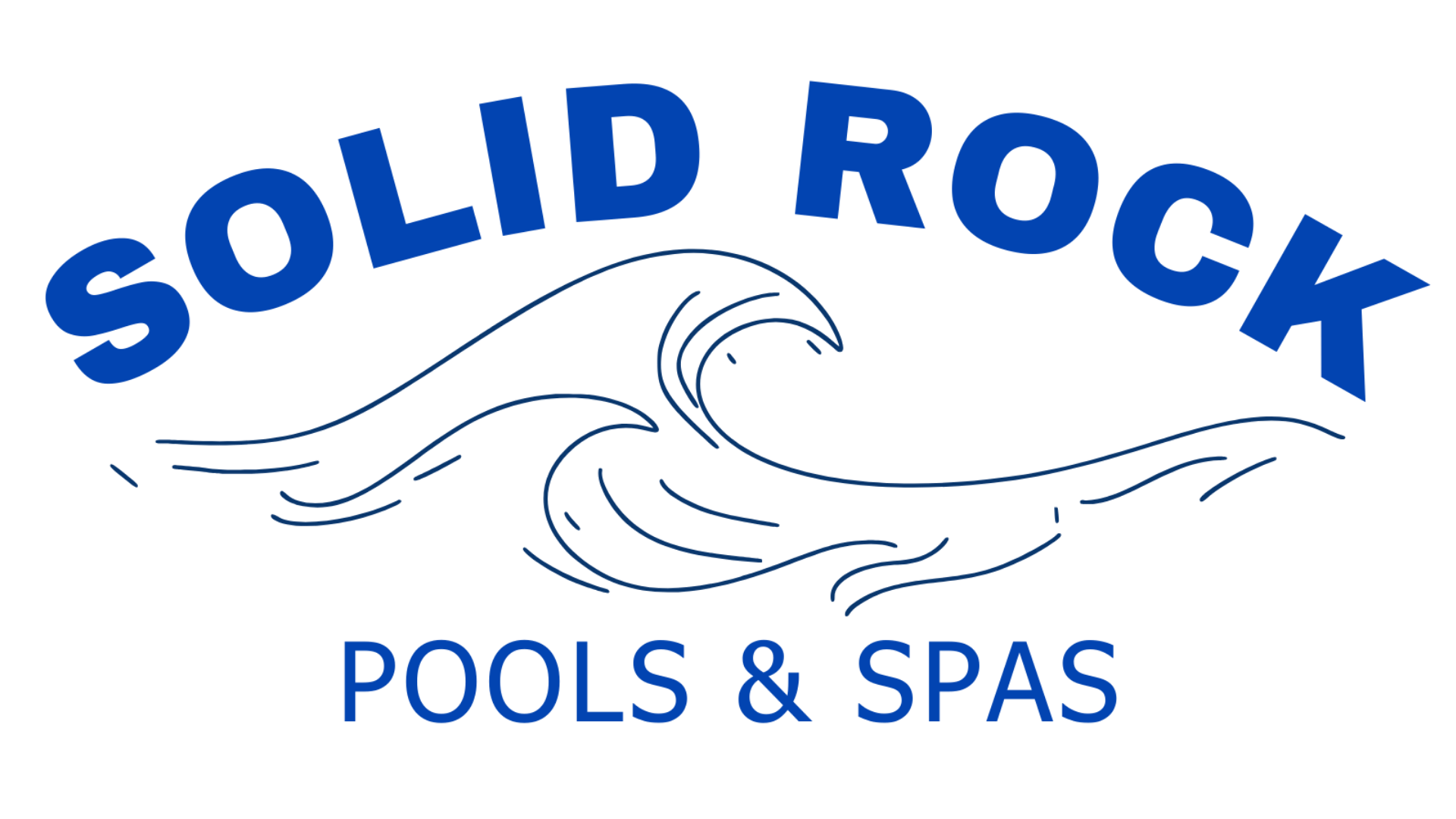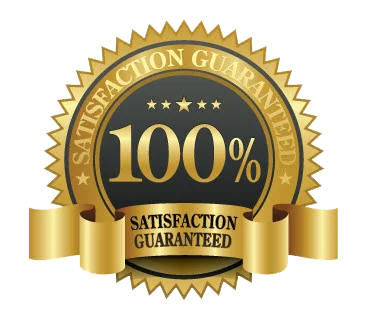BLOG AND UPDATE

The Importance of Chemical Balance in Custom Pool Maintenance
You spent a lot of money making your dream custom pool. The tiling is just right, the lighting is right, and the water? It should be welcoming. But instead, you leap in and come out with itchy skin, burning eyes, and water that looks strange.
Does this sound familiar? You are not alone. A lot of pool owners only care about how their pool appears and don't pay attention to what's going on underneath. A pool that isn't chemically balanced isn't only bad; it may also injure your health, ruin your pool, and cost you money. You can't have that resort-style feeling at home without chemical equilibrium.
Maintaining chemical balance in your custom pool is critical to ensuring a safe and enjoyable environment. To prevent equipment corrosion, keep the pH between 7.4 and 7.6, and the chlorine levels just perfect to suppress algae growth and keep the water bacteria-free. Don't forget about alkalinity, which should be between 80 and 120 ppm to maintain pH stability and protect your skin and eyes, and calcium hardness, which should be between 180 and 220 ppm to avoid scaling and corrosion. By routinely checking and adjusting these chemical levels, you not only ensure a clean and safe pool, but also avoid costly repairs later on.
Stay with us and you'll learn even more about how to optimize your pool's chemical balance.
Key Takeaways
Chemical balance prevents corrosion and damage to pool equipment, extending lifespan.
Proper pH, alkalinity, and chlorine levels ensure water safety and cleanliness.
Balanced chemistry inhibits algae growth and bacterial infections, maintaining a healthy swimming environment.
Maintaining calcium hardness within recommended ranges prevents scaling and corrosion, protecting the pool's surface.
Regular testing and adjustment of chemical levels save on costly repairs by preventing imbalance-related issues.
Importance of Chemical Balance in Custom Pools
When your pool's chemical levels are properly balanced, it does more than just look good. Balanced water protects your pool's surfaces, inhibits hazardous microorganisms, and lowers maintenance expenses over time. Warmer weather, particularly in regions such as Dallas, GA, and the Northwest Atlanta suburbs, can exacerbate water chemistry issues, making custom pool maintenance more important than ever.
Understanding the importance of pH levels in your custom pool is critical for preventing equipment corrosion and maintaining swimmer comfort. pH values, which assess the acidity or basicity of pool water on a scale of 0 to 14, are critical in ensuring water balance. To maintain optimal conditions, keep your pool's pH between 7.4 and 7.6. This range strikes the ideal balance between acidity and alkalinity, ensuring that the water is not too harsh on swimmers' skin and eyes or too soft on bacteria and algae. Regular pool maintenance includes testing the water and correcting the pH properly. If the water is excessively acidic (low pH), add a base to raise the pH. In contrast, if the water is too basic (high pH), adding an acid will assist decrease it back to the desired range. This careful balancing act is critical for minimizing corrosion of pool equipment, which can result in costly repairs down the road.

What Happens When Your Custom Pool Is Chemically Imbalanced?
Imbalanced chemicals in your pool can cause a number of issues, including:
Irritated skin and eyes.
Cloudy or green water?
Scaling or rusting of pool surfaces and equipment.
Algae and bacteria accumulate
Each of these flaws not only detracts from the aesthetics of your pool, but also costs hundreds (if not thousands) of dollars to correct.
Chlorines Role Explained
After discussing the significance of pH levels, let's look at how chlorine plays a critical role in keeping your custom pool clean and safe. Chlorine, a common sanitizer, is your first line of defense against hazardous germs that would otherwise grow in your pool. Maintaining correct chlorine levels not only ensures water safety, but also prevents the advent of bacterial illnesses, which can pose health hazards to swimmers.
Chlorine's efficiency extends to reducing algae growth, which is a common annoyance that can quickly transform your clear, inviting waters into a muddy, unpleasant mess. If left unchecked, this growth not only degrades the aesthetic attractiveness of your pool, but it can also lead to slippery surfaces, posing a safety risk.
Balancing chlorine levels is so critical to maintaining a clean, sanitary pool environment. It keeps the water safe and clear, delivering a comfortable swimming experience. Remember that too little chlorine might expose your pool to contamination, while too much can cause skin and eye irritation. Maintaining the proper balance is critical for the health of your pool and those who use it.
If you want to know more about salt water and Chlorine water then read this article.

Alkalinity and Pool Health
To maintain a balanced and safe swimming environment, total alkalinity should be kept between 80 and 120 ppm. This critical characteristic functions as a stabilizing influence for your pool's pH levels, preventing them from fluctuating and upsetting water balance. When total alkalinity is kept under control, you not only make the water seem appealing, but you also protect swimmers from skin and eye irritation caused by fluctuating pH levels.
Furthermore, adequate alkalinity levels protect against equipment damage. Total alkalinity buffers the water, keeping the pH in the optimal range of 7.2-7.8, preventing the chemical environment from becoming corrosive.
This protection extends the life of your pool's components, saving you from costly repairs or replacements.
Calcium Hardness Significance
Maintaining the appropriate level of calcium hardness in your pool, ideally between 180 and 200 ppm, is critical to preventing scaling and corrosion. Striking this equilibrium guarantees that your pool surfaces and equipment remain in excellent shape. When calcium hardness levels slip outside of this range, you risk danger. On the one hand, too little calcium can result in aggressive water that eats away at your pool's surfaces and equipment, causing premature wear and possible failure. This corrosion is more than just a visual issue; it might result in costly repairs and replacements in the future. On the other hand, high calcium hardness causes scaling, a deposit that reduces water clarity and jeopardizes the smooth operation of your pool's filtration system. This scale not only reduces the aesthetic attractiveness of your pool, but it also puts strain on the machinery, diminishing efficiency and lifespan. Regularly monitoring and changing your pool's calcium hardness levels is a simple but important activity. It is your best protection against the dual hazards of scale and rust, protecting your investment and keeping your pool a crystal-clear haven.
Don't forget this important part of pool care; it's essential for the longevity of your pool's surfaces and equipment.
Preventing Algae and Bacteria
Understanding the importance of calcium hardness lays the groundwork for addressing another critical part of pool maintenance: avoiding algae and bacteria growth. Maintaining the proper pool water chemistry is more than simply keeping the water clear; it is critical for preventing the circumstances that allow algae and bacteria to flourish. When your chemical balance is disturbed, you create an inviting atmosphere for these unwelcome guests. Algae growth not only makes pool water unpleasant but also dangerous. It is a steep slope from a little imbalance to a full-fledged algal bloom, which can be difficult and expensive to remove. Similarly, dangerous germs thrive in imbalanced pools, posing major health concerns to swimmers. Maintaining a safe and sanitary swimming environment requires constant monitoring and adjustment of your pool's chemical levels.
Pool Type vs. Chemical Balance: Custom Considerations
Each custom pool has various chemical requirements. Here is a basic breakdown:
Uneven shapes generate dead zones.
More prone to capture dirt or algae.
Requires spot checks for stagnant water.
Remedies:
Use directed return jets or pool cleaners to divert water into low-flow regions.
Brush and test sluggish zones on a weekly basis.
If algae grows in troublesome areas, apply algaecide.
Geometric pools
Optimize water circulation.
It is easier to automate maintenance
Still requires regular balance checks.
Remedies:
Make use of automatic pool systems, such as pH controllers and chlorinators.
To avoid relying exclusively on automation, continue to run manual testing on a weekly basis.
Seasonally adjust chemicals according on swimmer load and temperature.
Infinity pools
Vanishing edges can lose more water.
Basin and main pool require independent testing.
Remedies:
Test both the main pool and the basin at least once a week.
Install a refill automation system to control water level and dilution.
Due of the continual overflow, chlorine levels must be adjusted more regularly.
Plunge Pools
Small volume implies chemicals fluctuate quickly.
During the summer, daily checkups may be necessary.
Remedies:
Test the pH and chlorine levels on a daily basis, especially during the hot months.
To protect chlorine from sunlight, use stabilizers such as cyanuric acid.
Consider using a chlorine floater or feeder for slow, consistent dosing.

In-ground Swim Spas
Higher water temperatures mean more chlorine usage.
Neglected areas are more likely to house microorganisms.
Remedies:
Shock the spa every week or after excessive use.
Maintain higher levels of chlorine (3-5 ppm) than in a regular pool.
Clean your filters on a regular basis, and use enzyme-based cleansers to break down oils.
How Often Should You Check Your Pool's Chemistry?
Maintaining consistency is critical to long-term pool health. Here's the basic schedule:
pH and Chlorine: 2-3 times per week.
Alkalinity and Calcium: Once a week.
CYA and Other Additives: Once a month.
Professional testing: Once every three months.
Pro tip: Check your pool more frequently if you use it frequently or after a storm.
Frequently Asked Questions.
What Happens If You Swim In A Chemically Unbalanced Pool?
Swimming in a chemically unbalanced pool increases the risk of skin and eye irritation, infections, and equipment damage. It is critical to keep the water balanced to avoid these health and maintenance difficulties.
Why is pH balance important in pools?
Pool pH equilibrium is critical for preventing corrosion, skin irritation, and cloudiness. Keeping it between 7.4 and 7.6 protects you from discomfort and costly repairs by assuring water quality and equipment durability.
Why is it important to keep pool water balanced?
Keep your pool water balanced to minimize skin discomfort, equipment damage, and costly repairs. Balanced water also promotes a clean, appealing swimming environment by inhibiting algae growth and maintaining clarity.
What is the Proper Chemical Balance for Swimming Pools?
You should keep your pool's pH between 7.2 and 7.8, alkalinity between 80 and 120 ppm, calcium hardness between 200 and 400 ppm, and optimum sanitizer levels. This ensures the water is safe and clear.

Conclusion
In the end, maintaining the chemical balance in your custom pool is critical. Monitoring pH, chlorine, alkalinity, and calcium hardness not only ensures the safety and clarity of your pool's water, but also protects its components from harm. This proactive strategy prevents algae and bacteria growth, sparing you from costly repairs and inconvenience. Remember, a well-balanced pool is essential for enjoying your luxurious investment without fear. If you own a custom pool in Dallas, GA, whether it's a free-form pool, plunge pool, geometric pool, infinity pool, or inground swim spa, chemical balance is essential. It is essential.
Let Solid Rock Pools & Spas handle your pool chemical properly. We provide skilled, specialized bespoke pool care services in Dallas, Georgia, and the surrounding areas to keep your backyard sanctuary safe, clean, and crystal clear.
Get In Touch
Need to reach us? Shoot us and email or give us a call today.
699 Metromont Road, Hiram GA 30141
Follow Us:
Get In Touch
Need to reach us? Shoot us and email or give us a call today.
699 Metromont Road, Hiram GA 30141
Sign up For Our Newsletter
Subscribe to our newsletter to get our newest articles instantly!







